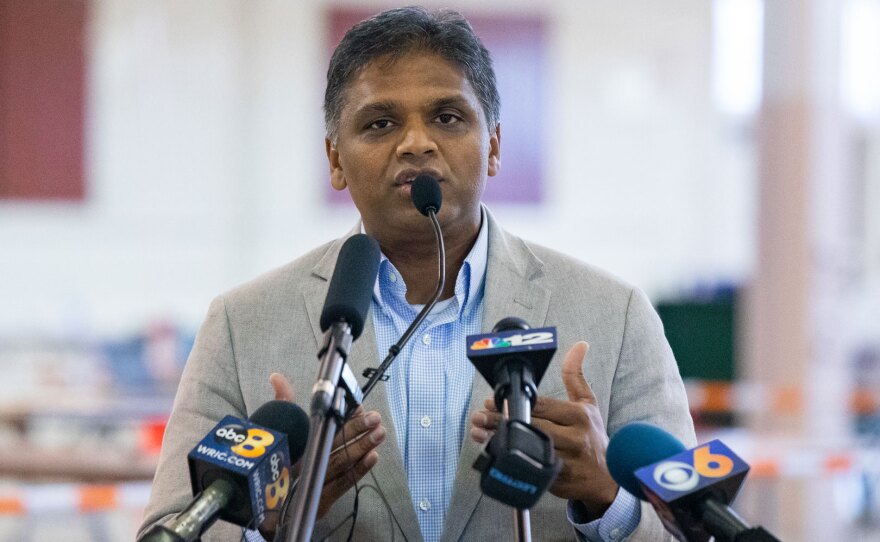State lawmakers got an update Monday on an effort to route children who face a crisis in their birth family home to relatives rather than through the foster care system.
The push is partly a response to research showing relatively few children who enter Virginia’s foster care system end up being placed with relatives compared to other states.
Advocates and state officials say it’s an important push in part because of research showing children who are placed with relatives are healthier, have better overall well-being and are less likely to have mental health disorders compared to those placed in other kinds of care.
But a 2022 report from the newly created Office of the Children Ombudsman found issues with Virginia’s practice of informally placing children with relatives. It included comments from parents who felt they’d been coerced into giving up their children for an unspecified amount of time, without representation from an attorney.
“My children were kidnapped,” the report quotes one anonymous parent. “There was no court order.”
In a presentation to the Commission on Youth Danny Avula, the director of Virginia Department of Social Services, highlighted research on the benefits of so-called kinship care. He noted Virginia’s rates of formal placements with relatives have more than doubled to 14% since the state began emphasizing the practice in 2019.
Still, Avula noted Virginia’s rate of placement with relatives is less than half of the national average — a statistic he said is skewed by the fact that local social services departments in the state prioritize informal placements with relatives before sending a child into the foster care system.
“The upside of that is that it keeps our overall numbers of kids in formal foster care low,” Avula said.
The system also comes with financial benefits for the state, Avula said, noting that the average stay with kin is shorter by about two months compared to foster home placement. He estimated each month of care costs Virginia about $8,000 per child.
In Virginia, local departments operate largely autonomouslyfrom the state. The 2022 report from Ombudsman Eric Reynolds noted some departments don’t always follow state regulations and laws — a situation that led to multiyear, bipartisan interest in setting up the ombudsman office that ultimately came to fruition through a 2020 bill.
In its first report, Reynolds’ office — which tracks and investigates complaints — noted the “alternative living arrangements” varied from office to office. The OCO received complaints from parents who felt they were coerced into signing “safety plans” with no clear timelines on when a child would return home. The report also found inconsistent vetting of host families and, because the process occurs informally, a gap in oversight over the child’s welfare.
Unlike official foster parents, relatives who agree to the informal arrangements don’t receive dedicated state funding unless they also agree to undergo a longer, formal process and become licensed foster parents.
The report recommended that Virginia’s State Board of Social Services create regulations to create more formal mechanisms and oversight for alternative living arrangements; the board has yet to do so.
In the meantime, Avula said in an interview that the state officials are making a series of visits to local departments in an effort to train new workers, build awareness on best practices and trade practices across regions.
“We are trying to create more standardization about the way that local departments
make decisions about removals,” Avula said. “These are not new things that we've introduced, but our ability and maybe our focus is on actually getting out into local departments, doing the training, doing the support — that’s what’s new and different.”
Local departments are also reckoning with staff shortages. Avula cited a statewide vacancy rate of around 30% for entry-level caseworkers. He said a new IT system could help reduce the workload for staffers and new pipeline programs would also help — to a point.
“I think it's unrealistic that we're all of a sudden going to identify 2,000 more people who want to work in child welfare,” Avula said.












